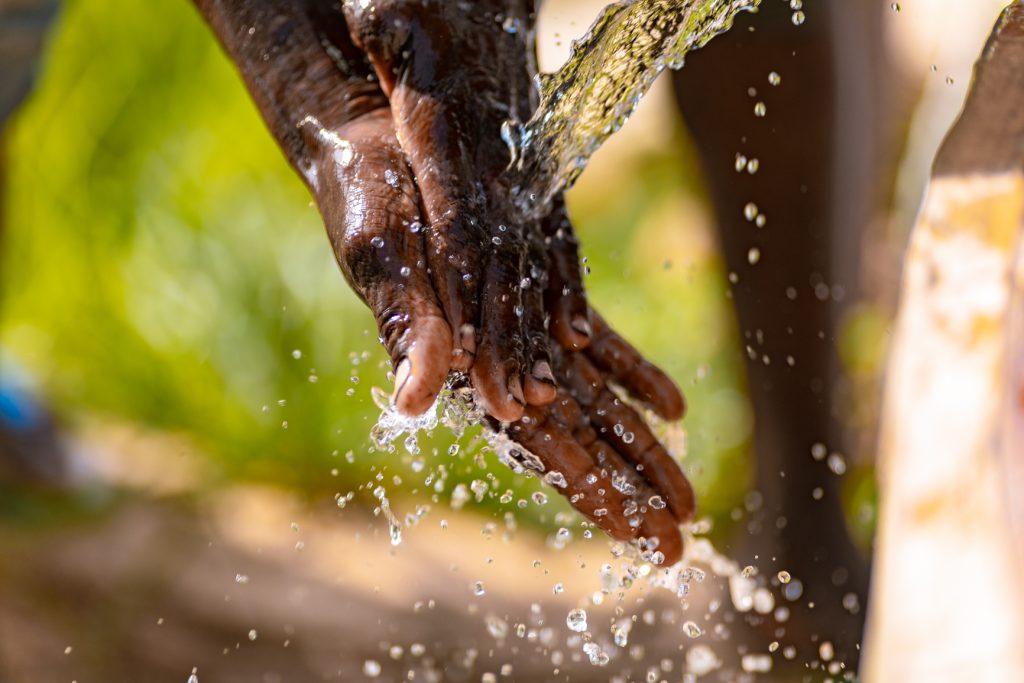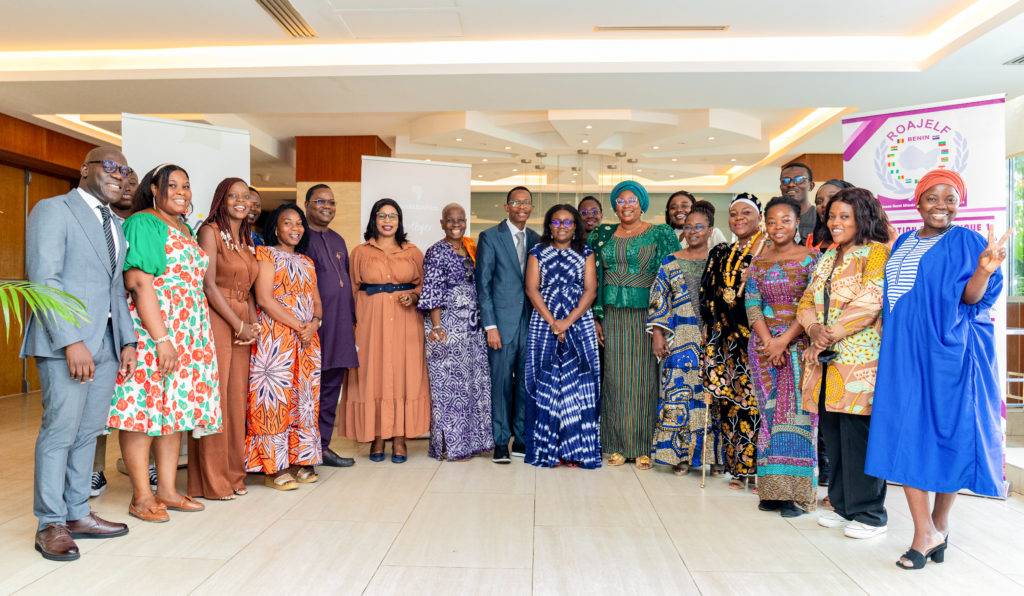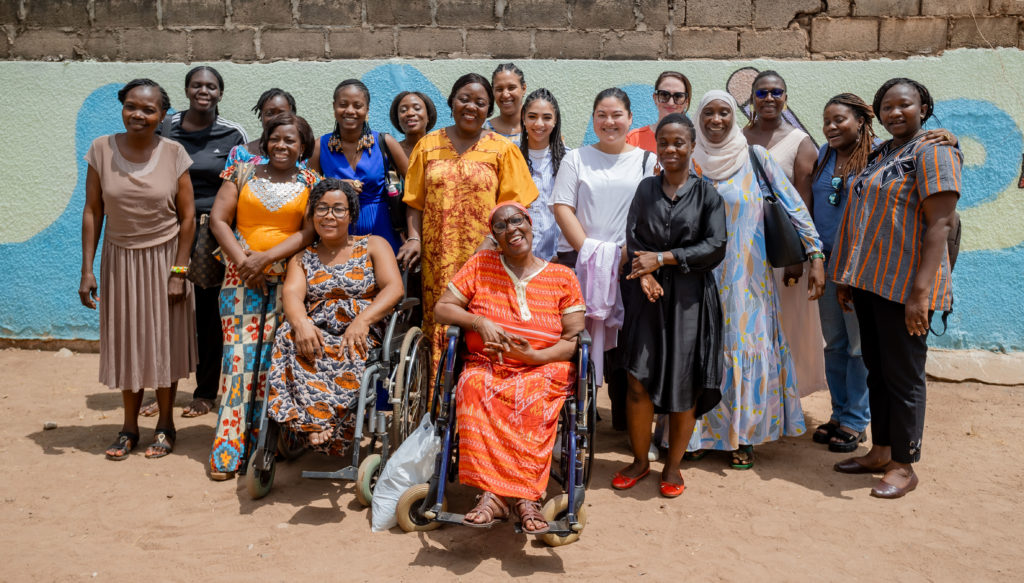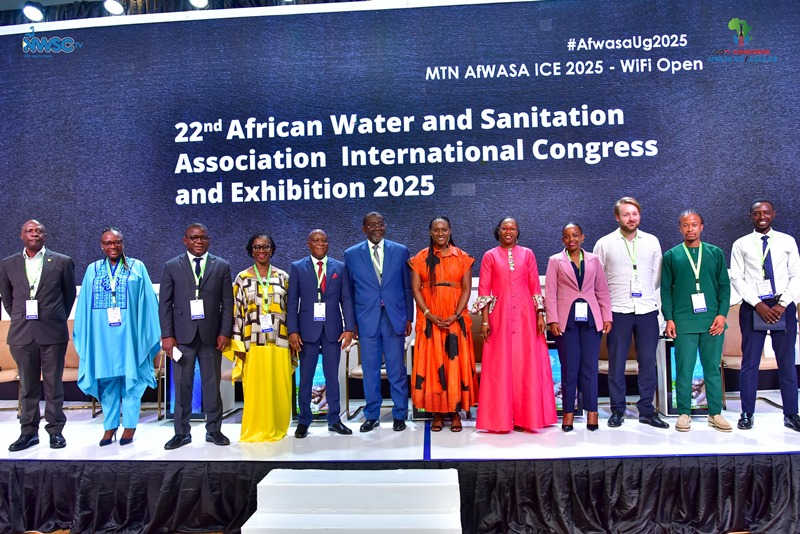Neglected Tropical Diseases (NTDs): WHO launches toolkit to optimize water, sanitation and hygiene interventions

31 January 2019 – London/Geneva
The World Health Organization (WHO) today launched a new toolkit to help improve delivery of water, sanitation and hygiene (WASH) services to underserved populations affected by many neglected tropical diseases (NTDs).
Building on WHO’s 2015 global strategy the toolkit, WASH and Health working together: a ‘how to guide’ for NTD programmes, focuses on providing step-by-step guidance to disease programme managers, volunteers and implementing partners on to how to engage and work collaboratively with WASH agencies.
“Targeted water and sanitation interventions will bolster efforts in tackling the many neglected tropical diseases,” said Dr Maria Neira, Director, WHO Department of Public Health, Environmental and Social Determinants of Health. “This toolkit is unique in supporting all health managers to work with the WASH community, guiding them through building those partnerships, mobilizing resources, and designing, implementing and evaluating interventions.”
The toolkit, developed in close partnership with the Neglected Tropical Disease NGO Network (NNN), demonstrates the importance of collaboration not just across sectors but also between WHO and the multiple partners that support ministries of health, worldwide.
“Provision of safe water, sanitation and hygiene and greater collaborative efforts are needed on the ground if we want to accelerate progress in overcoming NTDs and towards achieving the 2030 goals,” said Dr Mwele Malecela, Director, WHO Department of Control of Neglected Tropical Diseases. “Enhancing access to medicines is important, but sustaining progress requires broader collaborative work with implementing partners in other areas.”
Water, sanitation and hygiene form part of four other key interventions to tackle NTDs. These include: preventive chemotherapy, innovative and intensified disease management, vector control and veterinary public health services. While the WASH NTD strategy prioritizes water and sanitation to address the determinants of many NTDs as part of efforts to achieve equitable and sustainable universal health coverage, the toolkit articulates the approaches needed to effectively work with implementing partners in the field.
“The toolkit draws on the shared extensive experience of NNN members and national disease control programmes and supports programme managers to deal with the real challenges of creating cross-sector collaboration,” said Gail Davey, Chair of NNN. “Through this toolkit, we hope that more countries and programmes will be able to benefit from this experience to effectively and sustainably control and eliminate NTDs.”
The toolkit can be used for more tailored solutions in delivering broad-based, sector level changes that are needed to reach the targets of the 2030 United Nations Sustainable Development Goals.
NTDs affect more than 1 billion of the world’s poorest and most vulnerable populations. Well-designed health care programmes with a strong WASH component can play a role in strengthening health systems and sustaining provision of care beyond prevention, control and cure.
Media contacts
Nada Osseiran
WHO Department of Public Health, Environmental & Social Determinants of Health
Tel: +41 22 791 4475, Mob: +41 79 445 1624
Email: osseirann@who.int
Ashok Moloo
WHO Department of Neglected Tropical Diseases
Tel: +41 22 7911637 Mob: +4179 5405086
molooa@who.int


